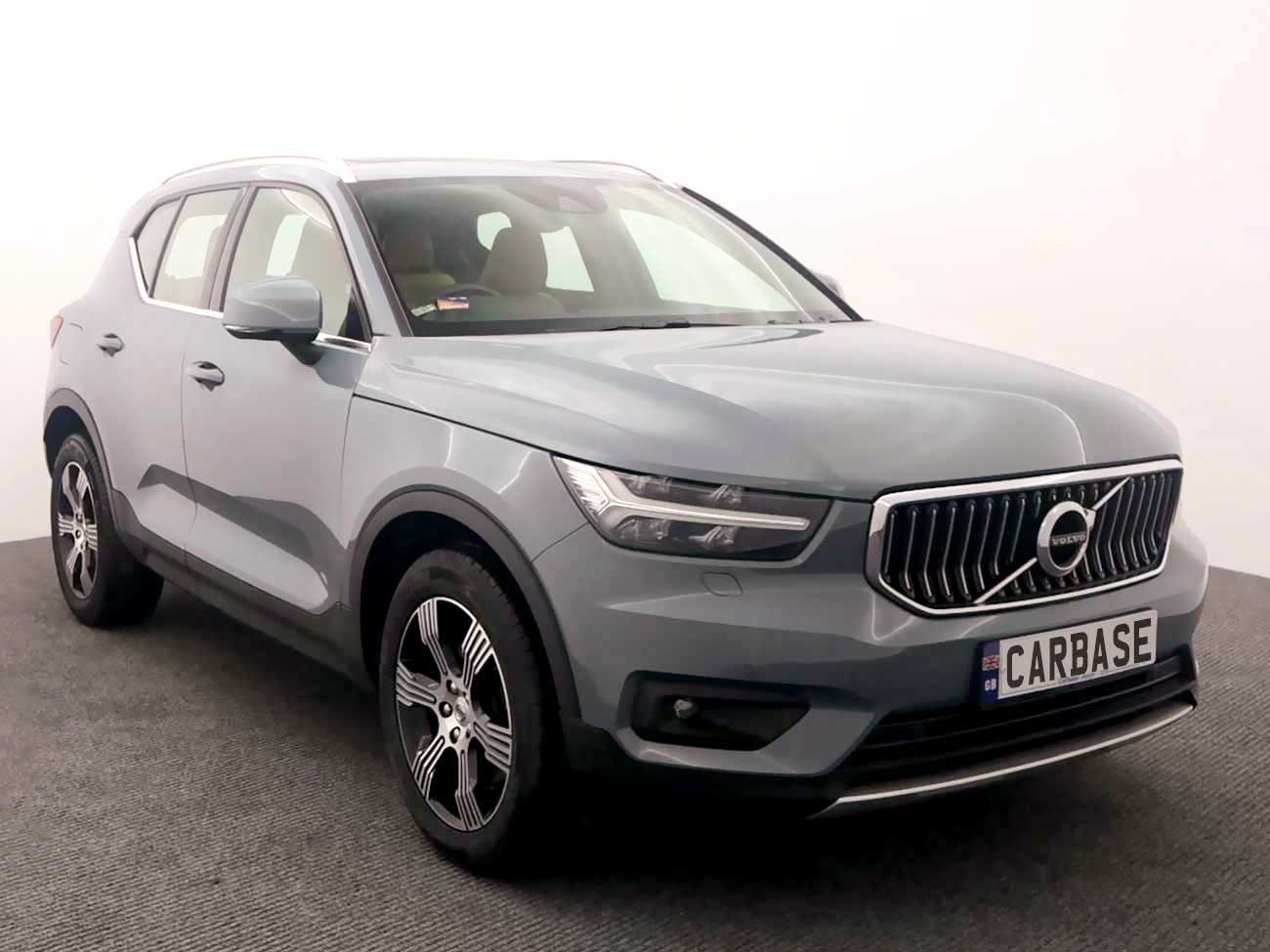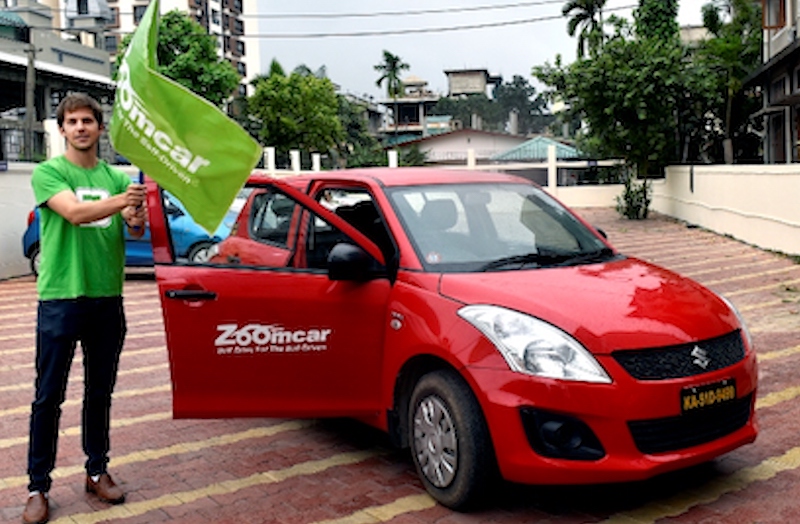In today’s automotive world, SUVs (Sport Utility Vehicles) have taken center stage. Once known mainly for off-road capabilities and ruggedness, modern SUVs have transformed into practical, luxurious, and family-friendly vehicles that dominate city streets and highways around the globe. From compact crossovers to full-size luxury SUVs, there’s a wide range of options tailored to different driving needs and lifestyles.
This complete guide to SUVs is designed to help you understand what SUVs are, the different types available, their key features and advantages, latest trends, and most importantly, how to choose the right SUV for you. Whether you’re a family in need of more space or an adventurer seeking power and capability, this guide has you covered.
What is an SUV?
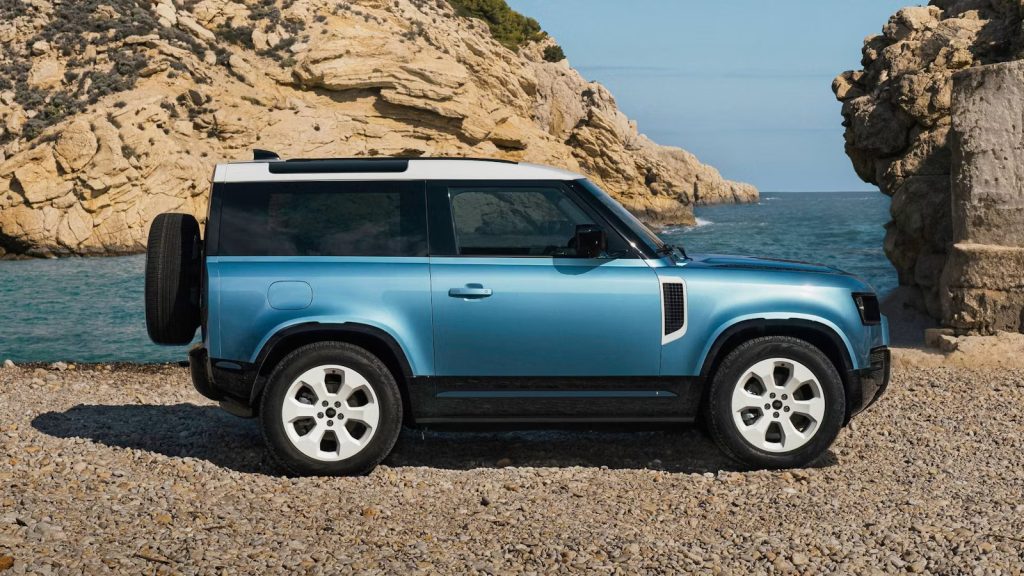
An SUV (Sport Utility Vehicle) is a versatile vehicle that combines the spaciousness and functionality of a van or wagon with the rugged performance and elevated stance of a truck. Traditionally, SUVs were built on a body-on-frame chassis like trucks, making them ideal for off-road driving and towing. However, most modern SUVs now use a unibody construction, blending car-like handling with SUV utility — these are often referred to as crossovers.
SUVs typically offer:
- Higher ground clearance for better visibility and rough terrain navigation
- All-wheel drive (AWD) or four-wheel drive (4WD) options
- Flexible interior space with folding seats and ample cargo room
- Improved safety and durability compared to smaller cars
Their adaptability is a major reason for their increasing popularity across urban and suburban markets. Whether you’re driving through snow, hauling camping gear, or just doing the school run, SUVs offer a solution.
Types of SUVs: Which One is Right for You?
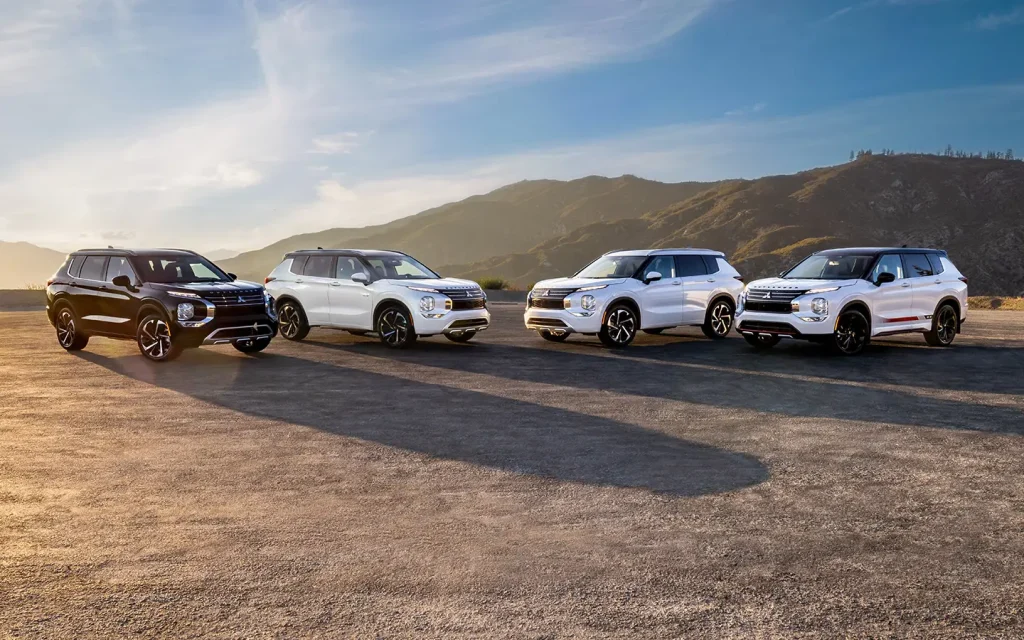
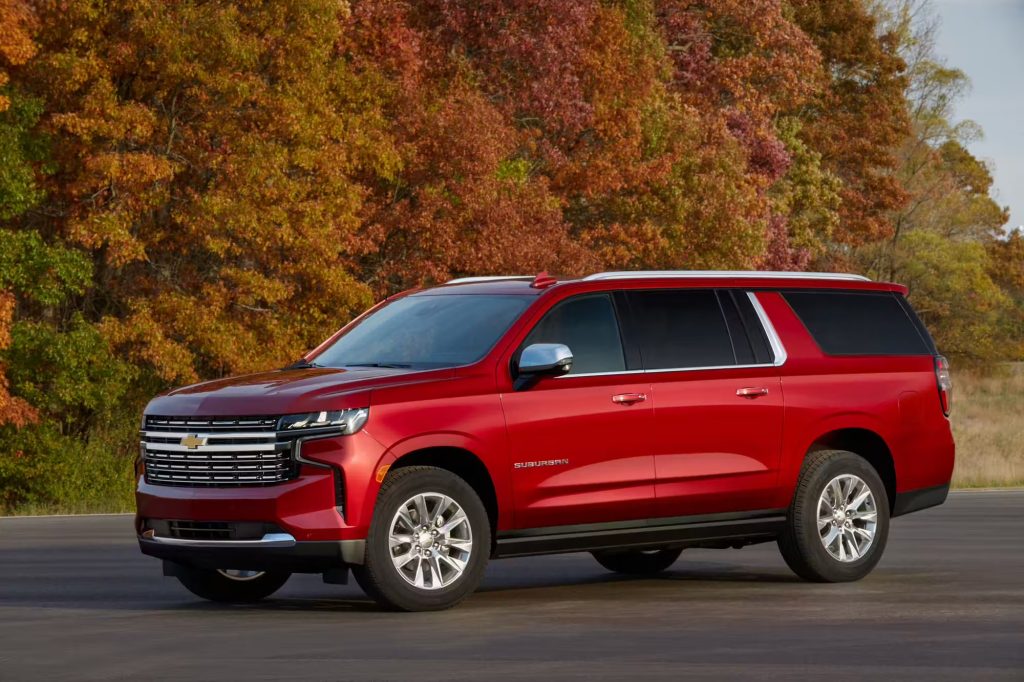
Compact SUVs
Compact SUVs are the smallest and most affordable in the SUV segment. They are ideal for urban driving due to their easy maneuverability, efficient fuel consumption, and moderate cargo space. Despite their size, most compact SUVs still provide a commanding view of the road, comfortable seating for up to five passengers, and impressive tech features.
These vehicles are often equipped with 4-cylinder engines, offering great mileage — usually between 26–35 mpg. While they aren’t designed for heavy towing or rough off-roading, some models still offer AWD for better control in rain or snow.
Popular Compact SUVs:
- Honda CR-V
- Toyota RAV4
- Hyundai Tucson
- Kia Sportage
Ideal for: Daily commuting, small families, young professionals, and city dwellers.
Mid-Size SUVs
Mid-size SUVs provide a balance between space, power, and price. These models usually seat five to seven passengers and often come with optional third-row seating, making them perfect for families with more than two kids or people who frequently travel in groups.
Most mid-size SUVs are equipped with V6 engines, though turbocharged 4-cylinder options and hybrid models are becoming more common. They offer more power for towing and hill driving, with towing capacities often ranging between 3,500 to 5,000 pounds. Their cargo space is generous, and you get advanced safety features, infotainment systems, and comfort options like heated seats and dual-zone climate control.
Popular Mid-Size SUVs:
- Toyota Highlander
- Ford Edge
- Jeep Grand Cherokee
- Subaru Outback
Ideal for: Larger families, long-distance road trips, and occasional towing.
Full-Size SUVs
Full-size SUVs are the largest and most powerful SUVs in the market. These behemoths offer seating for up to 8 passengers, massive cargo space, and the highest towing capacity — often exceeding 8,000 pounds. Built on truck platforms, they’re designed for tough jobs and long hauls.
While these SUVs are incredibly spacious and strong, they come with drawbacks such as lower fuel efficiency (10–18 mpg), higher maintenance costs, and difficulty maneuvering in tight spaces. However, they’re the best choice if you need to carry a big family and tow a boat, trailer, or camper at the same time.
Popular Full-Size SUVs:
- Chevrolet Tahoe
- Ford Expedition
- Toyota Sequoia
- GMC Yukon
Ideal for: Large families, rural drivers, heavy towing, and off-road adventures.
Luxury SUVs
Luxury SUVs offer all the functionality of standard SUVs but with premium features, refined interiors, high-end technology, and performance tuning. These vehicles cater to those who don’t want to sacrifice elegance for practicality.
You’ll find leather seating, real wood or metal trims, massaging seats, advanced infotainment systems, and adaptive suspension for ultra-smooth rides. Many luxury SUVs are performance-oriented, offering powerful engines like V8s or even electric motors in newer models.
Popular Luxury SUVs:
- BMW X5
- Mercedes-Benz GLE
- Audi Q7
- Volvo XC90
Ideal for: Luxury car lovers, professionals, and tech-savvy buyers who want comfort and style.
Key Benefits of SUVs
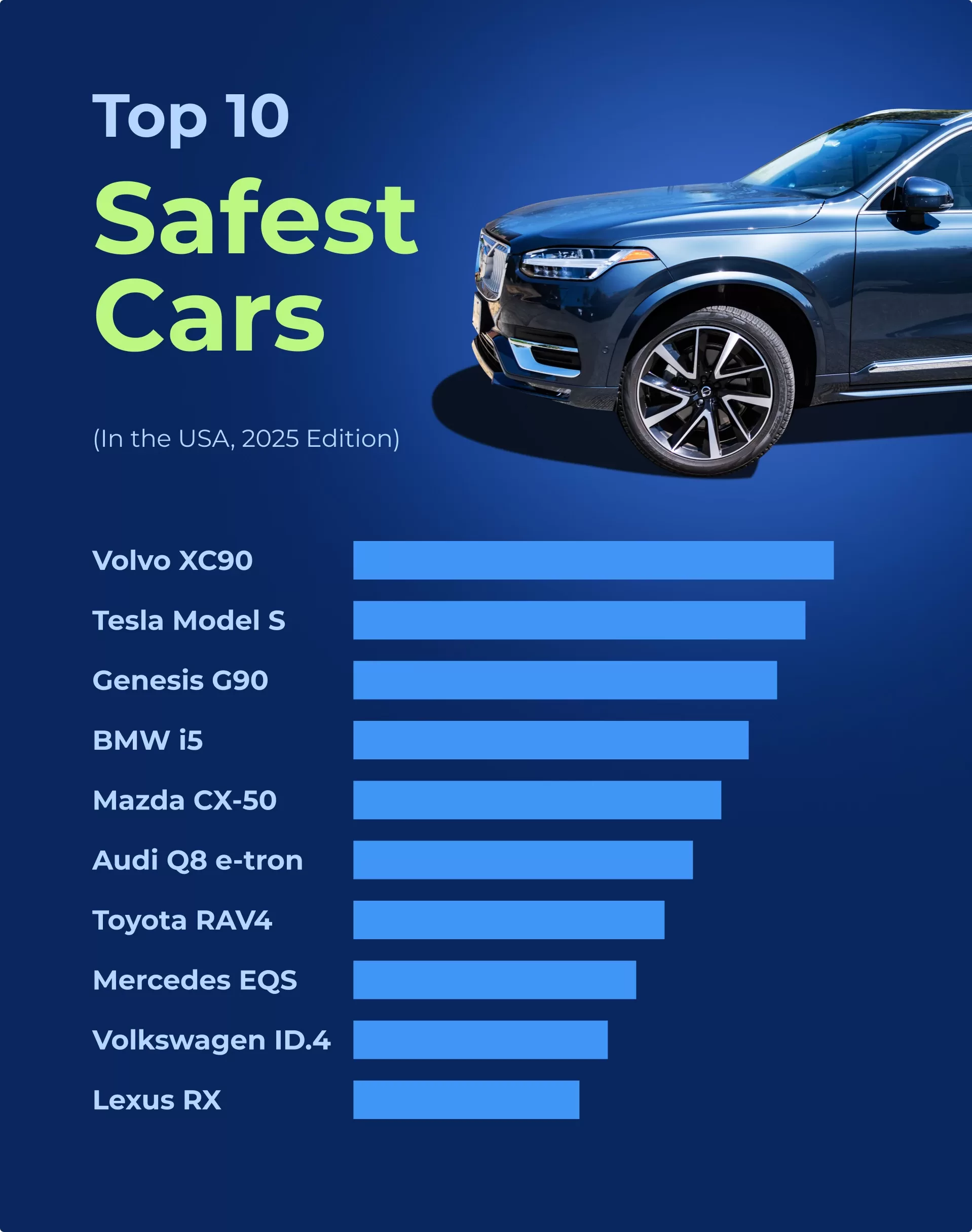
Ample Space and Comfort
One of the biggest advantages of owning an SUV is the interior space. From generous headroom and legroom to flexible cargo areas, SUVs are built to carry people and gear with ease. Most SUVs offer split-folding rear seats, underfloor storage, and even roof rails for extra cargo flexibility.
Passenger comfort is another plus. Many SUVs now come with multi-zone climate control, ventilated seats, and reclining rear seats, making them perfect for long road trips and daily family use.
Higher Safety Standards
SUVs tend to fare better in crash safety tests due to their larger size and height. The elevated driving position also improves road visibility, allowing drivers to spot dangers earlier.
Modern SUVs come with a full suite of driver-assistance systems such as:
- Lane-keeping assist
- Blind-spot monitoring
- Emergency braking
- Adaptive cruise control
- Rear cross-traffic alert
These technologies make SUVs safer not just for drivers, but for families and pedestrians too.
All-Terrain and All-Weather Performance
Most SUVs are equipped with all-wheel drive (AWD) or four-wheel drive (4WD) systems, allowing them to perform better in rain, snow, mud, and gravel. They have higher ground clearance, which means fewer risks of undercarriage damage during rough terrain.
Some SUVs are purpose-built for off-road adventures, equipped with locking differentials, skid plates, and terrain management systems.
Towing Capability
Towing is another strong reason to buy an SUV. Whether you’re hauling a boat, a trailer, or a jet ski, most SUVs — especially mid-size and full-size — offer robust towing capacities. Many models now include tow modes, hill-start assist, and trailer sway control to make towing easier and safer.
Latest Trends in SUVs
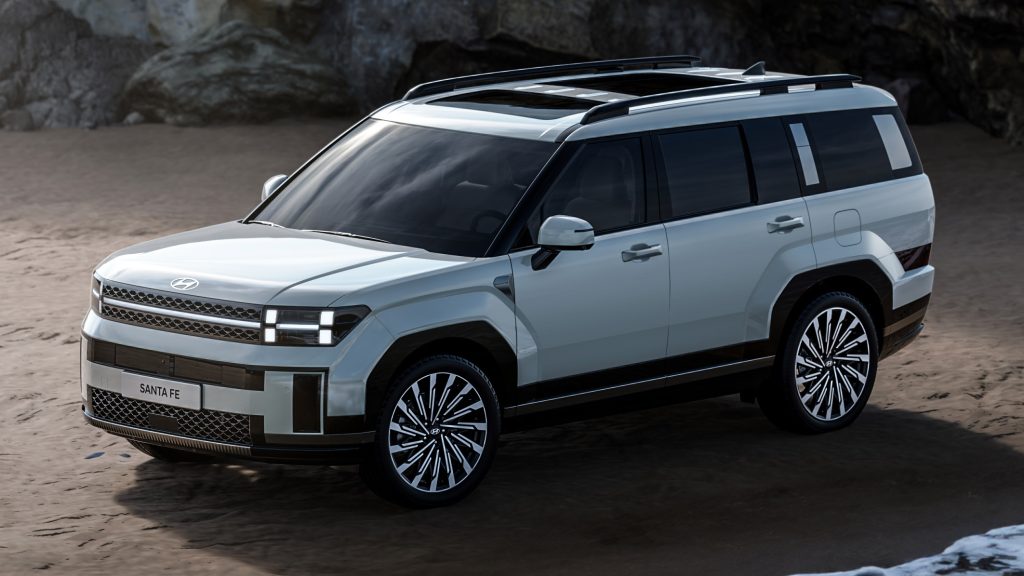
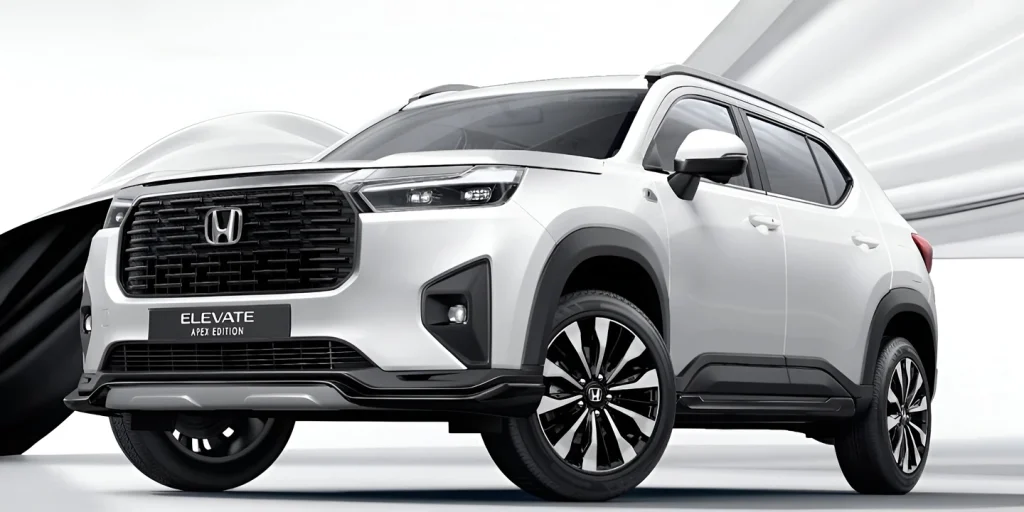
Rise of Electric and Hybrid SUVs
As the automotive world moves toward sustainability, many automakers are investing heavily in electric (EV) and hybrid SUV technology. These vehicles offer the same versatility as gas-powered SUVs but with fewer emissions and lower fuel costs.
Popular EV/Hybrid SUVs:
- Tesla Model Y (EV)
- Ford Mustang Mach-E (EV)
- Toyota RAV4 Hybrid
- Hyundai Tucson Hybrid
These models are especially popular among environmentally conscious drivers looking to reduce their carbon footprint without sacrificing space or performance.
Advanced Tech and Connectivity
Modern SUVs are packed with the latest tech. Features such as touchscreen infotainment, voice control, smartphone integration, satellite navigation, and in-car Wi-Fi are becoming standard. Some brands offer over-the-air (OTA) software updates to continuously enhance vehicle features and performance.
Buying Tips: How to Choose the Right SUV
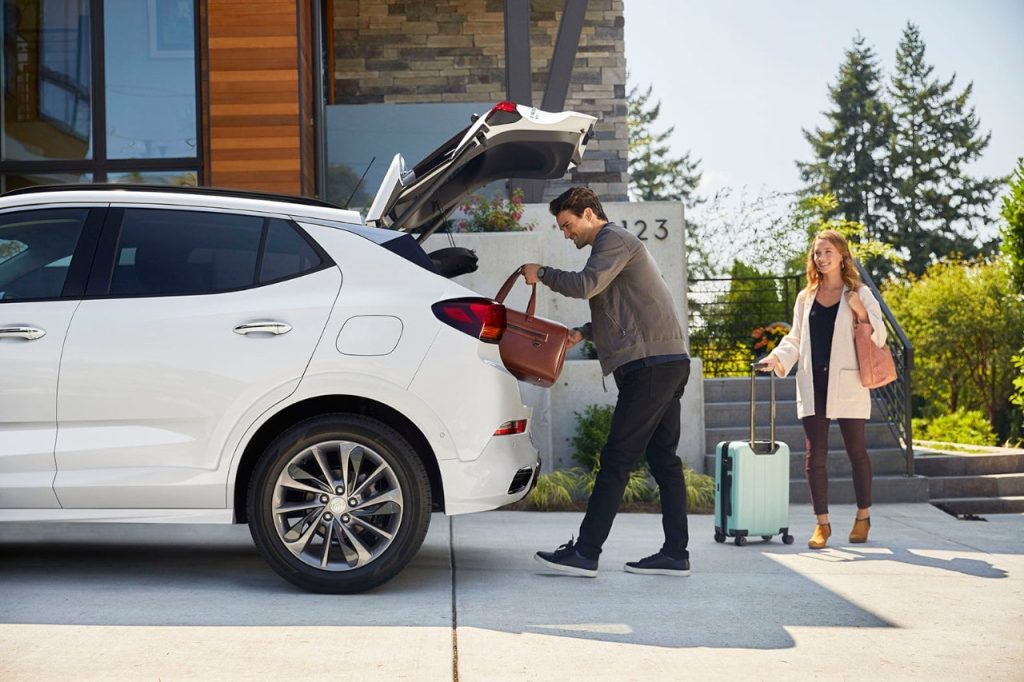
- Define Your Needs: Do you need space, towing, off-roading, or fuel efficiency? Your primary use should guide your decision.
- Set a Realistic Budget: Factor in taxes, insurance, fuel, and maintenance.
- Test Drive Different Sizes: A compact may be easier to handle, but a mid-size might offer better value.
- Check Safety Ratings: Use trusted sources like IIHS or NHTSA.
- Compare Fuel Efficiency: Compact and hybrid SUVs save more in the long run.
- Look at Resale Value: Brands like Toyota, Honda, and Subaru hold value well.
Final Thoughts
SUVs continue to dominate the global car market — and for good reason. They’re adaptable, safe, spacious, and now more efficient and technologically advanced than ever. Whether you’re a solo driver looking for a compact crossover or a large family needing a powerful full-size SUV, there’s a model out there tailored to your lifestyle.
By using this guide to SUVs, you’ll be well-equipped to navigate your options and drive away in a vehicle that meets your expectations in comfort, performance, and reliability.

